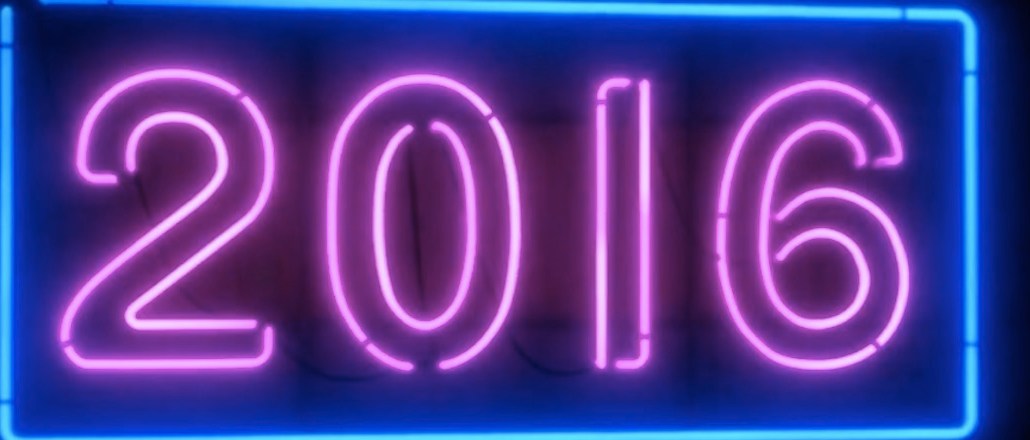
The BBC’s youth-focused TV channel BBC Three will migrate online on Feb. 16, but the transition began yesterday. BBC Three unveiled its new logo on Twitter, where it was subsequently eviscerated for looking like it says, well, “BBC Two.” It also started teasing some of the forthcoming content.

Digiday spoke with some of the independent digital media production and audience-building companies that BBC has been working with to gauge what the move means — and what challenges the broadcaster faces when it comes to commissioning Web content. Here are four key takeaways:
It’s about cutting costs.
The arguments for migrating online are twofold: The BBC needs to save money, and by moving BBC Three online, the corporation will save £30 million ($44 million). BBC Three’s budget has also been cut in half to £30 million. The bulk of the budget (80 percent) will go on long-form TV drama such as its series “Thirteen,” but 20 percent will go on new forms of digital content.
It’s this latter part specifically that ties in with the broadcaster’s plan to “reinvent” the BBC Three brand for younger generations, which are increasingly viewing online. As BBC Three marketing director Nikki Carr said in a blog post yesterday, this could be in the form of short-form video, blogs, animation or picture-led stories.
BBC will have to learn to love the algorithm.
In the online content space, platform algorithms often dictate who gets to see what — and the BBC will need to adjust fast, given it will no longer have the guaranteed visibility of its own TV channel. Its strong brand will only help it stand out so far, according to Matt Campion, creative director at multiplatform production and audience-building company Spirit Media.
“It’ll have to respect the platforms it’s going to be on,” he said. “It will have to pay rigorous attention to things like watch times and audience retention, because that’s what will promote the content on those platforms and ensure those viral spirals.”
The commissions Campion has pitched the broadcaster go well beyond repurposing content to different platforms but involve a different form of storytelling which absorbs the nuances and different audience expectations of each individual platform, whether it be Snapchat, Instagram, YouTube or any other, while linking them together, he added.
U.K. “horribly behind” U.S. in original online content.
When it comes to pitching online, U.K. producers tend to direct their efforts mainly to the U.S., where the coffers are bigger. Netflix, Hulu, Amazon and Verizon/AOL are all on the hunt for original digital content, whereas in the U.K. there are far fewer places for independent producers to pitch. Channel 4 is the main destination with its Shorts series on All4.
Andy Taylor, former commercial director of TV production powerhouse All3 Media, which makes “Shameless” and “Skins,”, and co-founder and CEO of Little Dot Studios, believes this puts the U.K. in a worrying position.
“We’re being left horribly behind. As audiences move increasingly online, everyone is going to be watching American channels,” he said. “Younger generations are watching short-form digital content, which is probably now almost exclusively American.”
With BBC Three going exclusively online, it will create a “significant commissioner” of online content in the U.K., he said, a critical addition if the nation is to hold its own in hosting original content, he added.
The BBC needs to get its creative house in order.
Paul Bennun, chief creative director at independent production company Somethin’ Else, said the move is a positive step but producers want to see if the BBC’s rhetoric can be matched by wider action.
“What it needs is a creative reinvigoration across the corporation where TV and radio don’t stand alone, and potential for marketing and social and other forms of interactive media to work cohesively to deliver cross-platform activities. It’s still currently a very disparate set-up.”
Meanwhile, Disney, Snapchat and Apple are all providing interesting creative playgrounds for independent content creators, which will all be major competitors to BBC Three, he added.
More in Media

In Graphic Detail: The scale of the challenge facing publishers, politicians eager to damage Google’s adland dominance
Last year was a blowout ad revenue year for Google, despite challenges from several quarters.

Why Walmart is basically a tech company now
The retail giant joined the Nasdaq exchange, also home to technology companies like Amazon, in December.

The Athletic invests in live blogs, video to insulate sports coverage from AI scraping
As the Super Bowl and Winter Olympics collide, The Athletic is leaning into live blogs and video to keeps fans locked in, and AI bots at bay.





